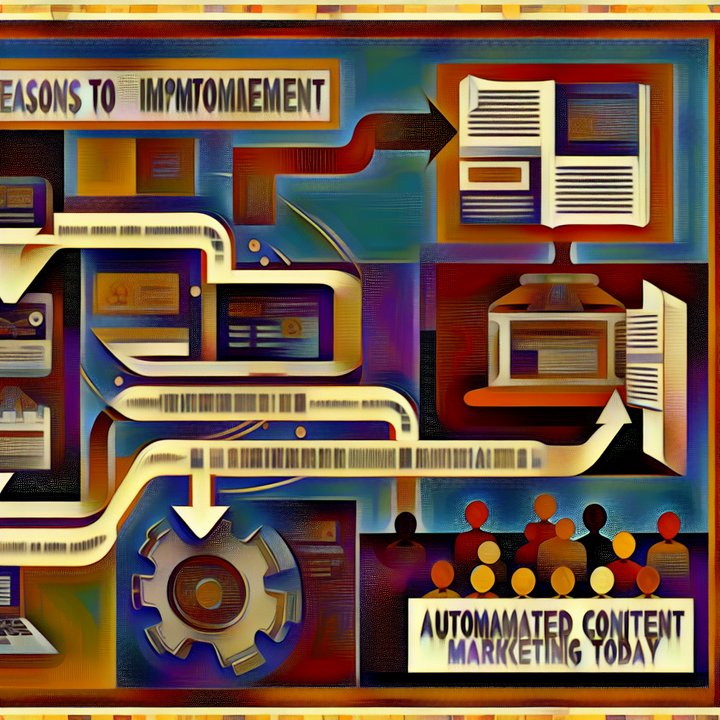The Opportunities and Risks for Using AI in Content Marketing

The article from TechRadar discusses the dual-edged nature of AI in content marketing, highlighting both its significant benefits and potential drawbacks. AI can transform content marketing by enhancing efficiency and enabling innovative content strategies. However, it also introduces risks that marketers must carefully navigate.
Opportunities:
- Efficiency and Scalability: AI can automate content creation, allowing marketers to produce large volumes of content quickly. This is particularly beneficial for tasks like generating blog posts, social media updates, and personalized emails.
- Personalization: AI tools can analyze vast amounts of data to deliver personalized content that resonates with individual audience members. This targeted approach can improve engagement and conversion rates.
- Enhanced Creativity: AI can assist in brainstorming and developing creative content ideas by analyzing trends and suggesting new angles. For example, AI-generated content can mimic different writing styles, helping to diversify content offerings.
- Analytics and Optimization: AI-driven analytics tools can provide insights into content performance, helping marketers optimize their strategies in real time. These tools can track metrics such as user engagement, conversion rates, and SEO performance, enabling more informed decision-making.
Risks:
- Brand Voice and Authenticity: One major challenge is ensuring that AI-generated content maintains a brand’s unique voice and authenticity. Generic or poorly aligned AI content can damage brand integrity. Training AI to capture a brand's essence requires significant effort and human oversight.
- Legal and Ethical Concerns: The rapid advancement of AI has outpaced legal frameworks, leading to concerns about copyright infringement and plagiarism. AI models are often trained on existing content, raising questions about the originality and legality of AI-generated works.
- Trust and Transparency: Failing to disclose the use of AI in content creation can lead to trust issues. For instance, New Zealand’s Pak’nSave faced backlash when its AI meal planner suggested harmful recipes, highlighting the importance of transparency and accuracy in AI applications.
- Bias and Diversity: AI systems can perpetuate existing biases present in their training data. If AI models are trained on biased datasets, they may produce biased content, undermining diversity and inclusivity efforts.
To leverage AI effectively, marketers should focus on customization and human oversight. Ensuring that AI tools are aligned with brand values and ethical standards is crucial. Consulting with AI and legal experts can help navigate these complexities and maximize the benefits of AI while mitigating its risks.
Overall, AI presents exciting opportunities for content marketing but requires careful implementation to avoid potential pitfalls and ensure sustainable success.
This is a summary of an article published by TechRadar



